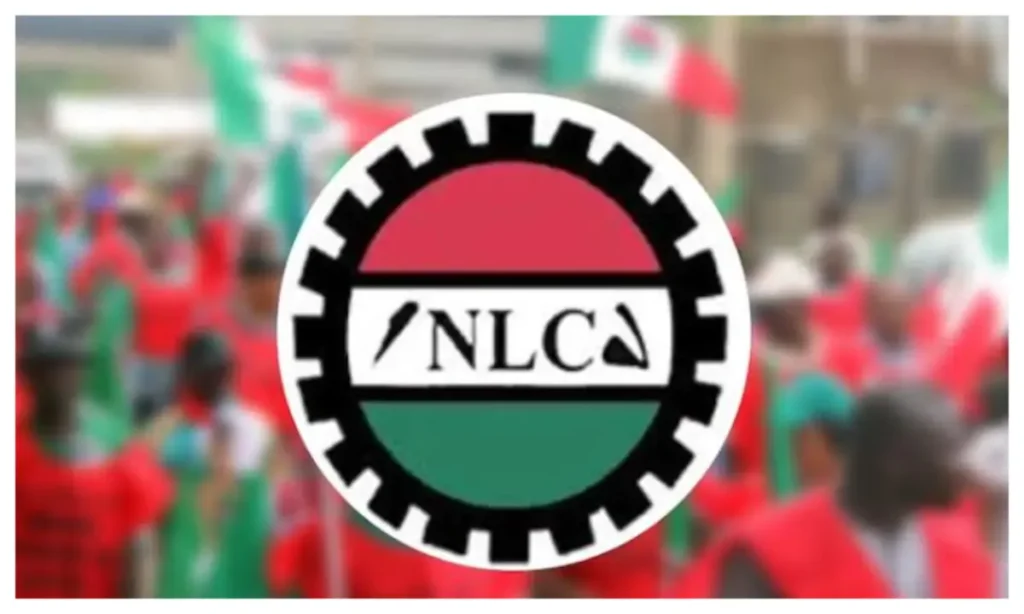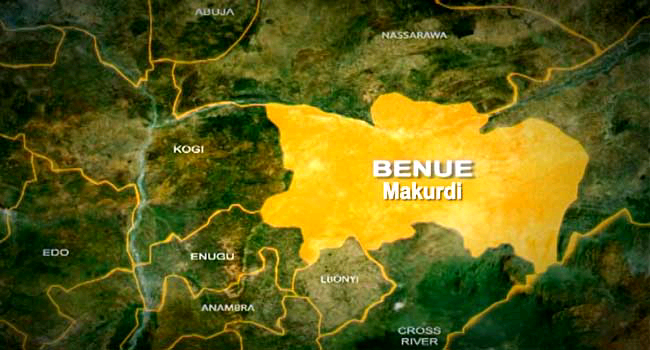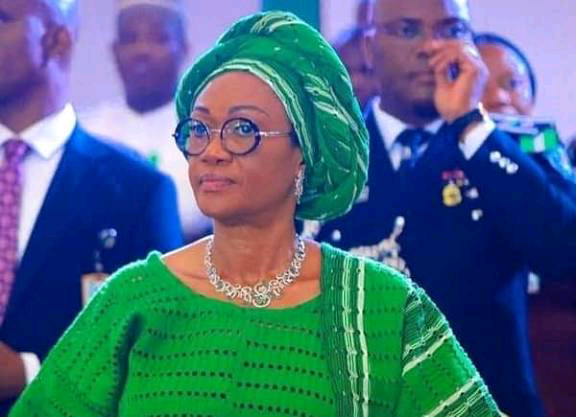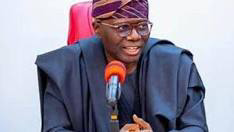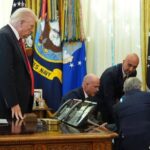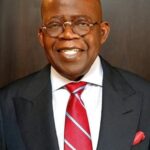Did Igbo Truly Want Biafra? — Arisekola’s Opinion Rekindles Old Wounds, New Conversations

A fresh national debate has emerged following the publication of a thought-provoking opinion piece titled “Did the Igbo Truly Want Biafra?” written by journalist and publisher, Mogaji Wole Arisekola. The article, which has gained traction across media platforms and social networks, revisits the historical and emotional layers surrounding the Biafra question — a topic that continues to divide opinions more than five decades after the Nigerian Civil War
In the piece, Arisekola explores whether the Igbo people genuinely desire a separate Biafran state or whether what they truly seek is fairness, justice, and equity within the Nigerian federation. He argues that while the desire for self-determination among the Igbo is rooted in the painful memories of the 1967–1970 civil war and subsequent political marginalization, the path toward lasting progress lies not in agitation or violence but in unity, strategy, and purposeful leadership. According to him, the Igbo must decide what they truly want — full independence, regional autonomy, or restructuring — and pursue it through organized and democratic means rather than militancy. “The dream of Biafra is not dead,” Arisekola wrote, “but if the Igbo truly want autonomy or independence, they need unity and strategy, not passion and protest". He emphasized that rather than relying on separatist movements or violent demonstrations, the South-East should focus on building strong, prosperous cities like Enugu, Onitsha, and Aba, which can serve as models of development and self-reliance. Arisekola also urged the Igbo diaspora to channel its influence into advocacy, diplomacy, and economic empowerment instead of confrontational politics. His article further notes that Nigeria’s unity remains fragile, largely because the foundation of the country was built on colonial convenience rather than collective consent. Nonetheless, he insists that cooperation and visionary leadership could help transform Nigeria’s ethnic diversity into strength. The opinion has sparked wide reactions from across the country. Some analysts praised Arisekola for approaching the sensitive subject with balance and historical depth, while others criticized his assertions as oversimplifying the legitimate grievances of the Igbo people. For many Nigerians who lived through the civil war, the piece rekindles memories of tragedy, displacement, and loss — while for younger generations, it raises fresh questions about identity, justice, and the future of the Nigerian federation. As discussions continue online and in political circles, Arisekola’s essay has once again placed the Biafra question at the center of national discourse — challenging both the Igbo leadership and the Nigerian government to confront unresolved issues of equity, representation, and belonging.


